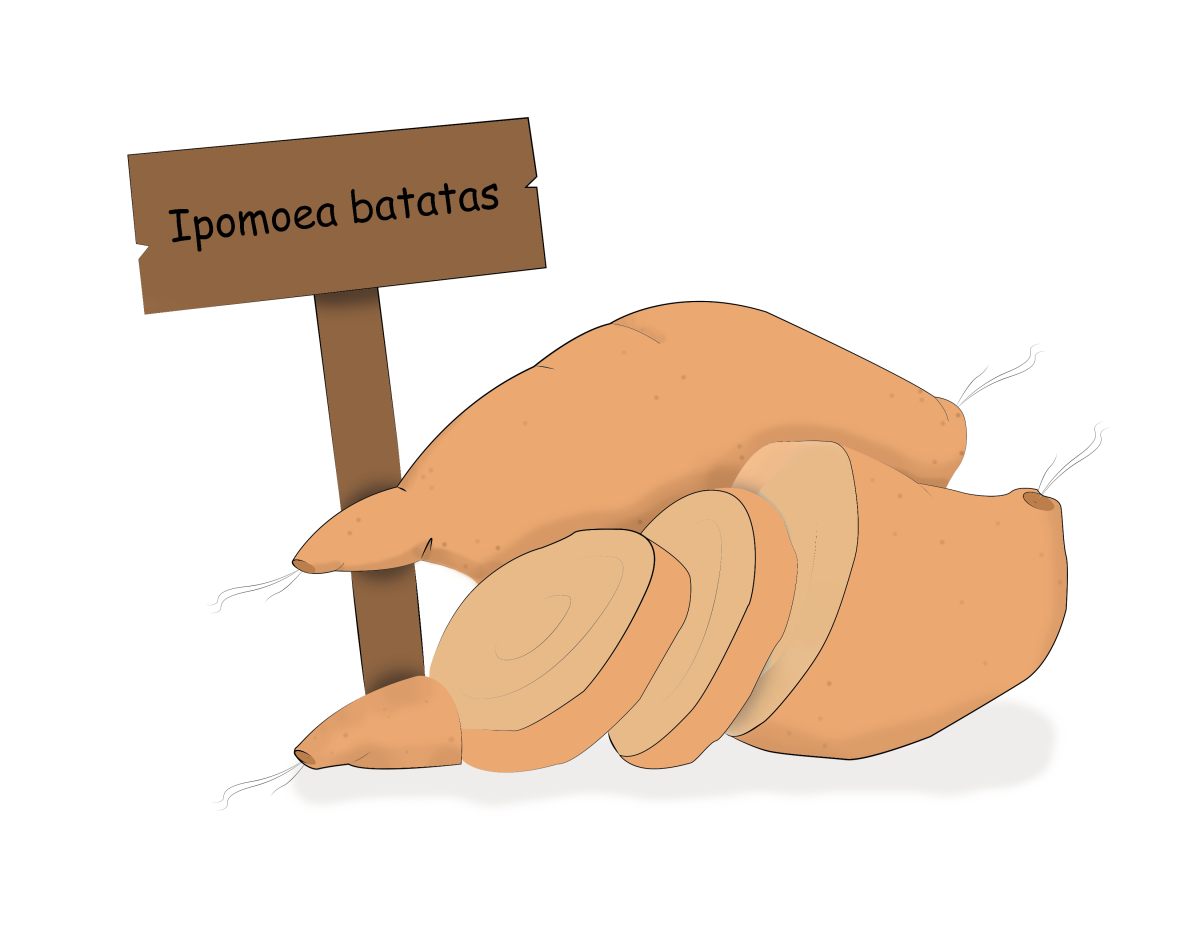The NC State College of Agriculture and Life Sciences (CALS) is working with Oracle to bring big data to NC State’s hallmark sweet potato research.
CALS and Oracle are hoping to use Oracle’s cloud, which is currently very good at working with health data, and apply it to the agricultural industry. According to Steve Lommel, associate dean of research for CALS, the partnership is still in its infancy, but could serve as a pilot program for more agricultural research using the cloud and big data.
“Oracle came to us when they learned about our interest in using big data with the plant sciences initiative,” Lommel said.
CALS decided to test Oracle’s cloud with sweet potato research because it is an area of research that NC State is extremely familiar with and has a huge impact on North Carolina’s economy. It is approximately a $350 million industry, according to Lommel.
“We work with a ton of different projects, and there’s research being funded both by private companies and research being done by graduate students,” said Emma Deuitch, a fourth-year studying plant biology and horticultural science.
Most of the sweet potato research involving Oracle will occur at the Central Crops Research Station, in Clayton, North Carolina, and at the Lake Wheeler Road Field Laboratory.
CALS works with a wide variety of partners for sweet potato research, and works on research in various areas. One of those partners is the Bill and Melinda Gates Foundation.
“One of our biggest projects is being funded by the Bill and Melinda Gates Foundation to help find a good sweet potato variety to grow in Africa that can help people get beta-carotene, and improving the nutrition of those sweet potatoes,” Deuitch said.
The process for creating a new variety of potato can take from five to eight years and requires research teams of 20 or more people and thousands of hours of labor, according to Lommel. The last major breakthrough was a variety called ‘Covington,’ developed at NC State, released about 12 years ago.
Today, ‘Covington’ sweet potatoes account for about 90 percent of North Carolina sweet potatoes and about 20 percent of sweet potatoes grown across the nation, according to NC State’s Office of Technology Commercialization and New Ventures.
CALS expects to speed up the process by using Oracle’s cloud to analyze millions of plant crossbreeds in two to three years, instead of the previous five to eight years.
“What big data does is accelerate the breeding process so we can develop home runs more regularly and at a faster rate,” Lommel said.
The union between big data and agricultural research still faces many challenges, many of which are legal. As data is becoming more and more important to research, questions around who owns the data still have to be answered industry-wide.
“There are a lot of data ownership issues and that has not been worked out, so there is a big legal rubric that needs to be worked on,” Lommel said.
Yet CALS is hopeful, and can already envision applications of big data for strawberry, corn and wheat research.
“We’re trying to get our biologists into the realm of big data and get one of these big data companies into the realm of agriculture,” Lommel said.








